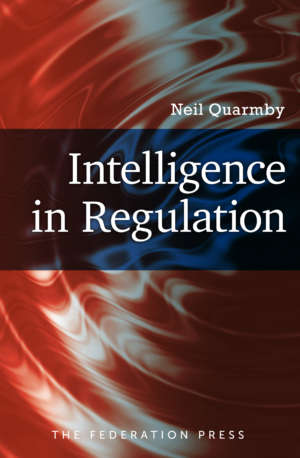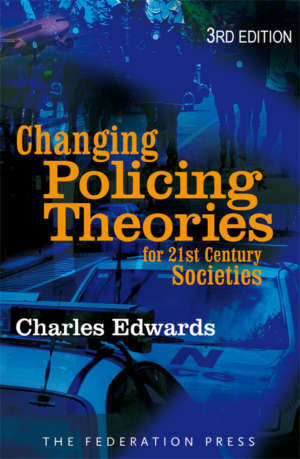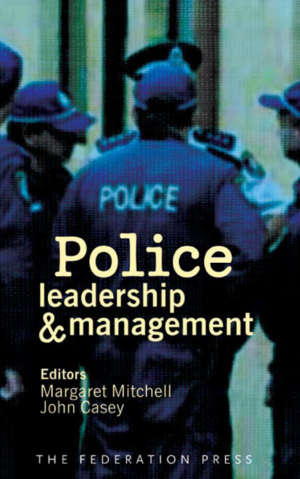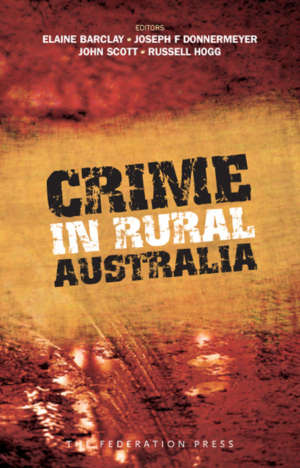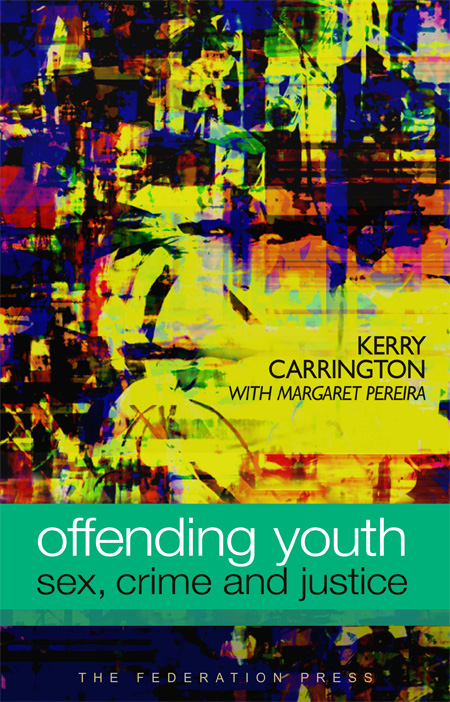Product Description
There is a growing sense of crisis in rural ways of life, which manifests itself in economic decline, depopulation, depleted environments, and a crisis of rural identities. Crime is one potent marker of crisis, the more so as it spoils the image of healthy, cohesive community. The social reaction it elicits, the policing of this ‘other rural’, is also a guide to the dimensions of crisis.
The social sciences have witnessed a renewed international interest in the study of ‘other rurals’: the neglected, invisible or excluded aspects of country life. This book brings a fresh approach to the study of crime that challenges the urban-centric assumptions of much western criminology and sociology.
It explores rural crime and social reactions to it, in relation to processes and patterns of community formation and change in rural Australia, including the social, economic, cultural and political forces shaping the history, structure and everyday life of rural communities.
Policing the Rural Crisis is based on five years of extensive original empirical research in rural and regional Australia. It draws on ideas and debates in contemporary social theory across several disciplines, making the analysis relevant to the study of crime and social change elsewhere.



